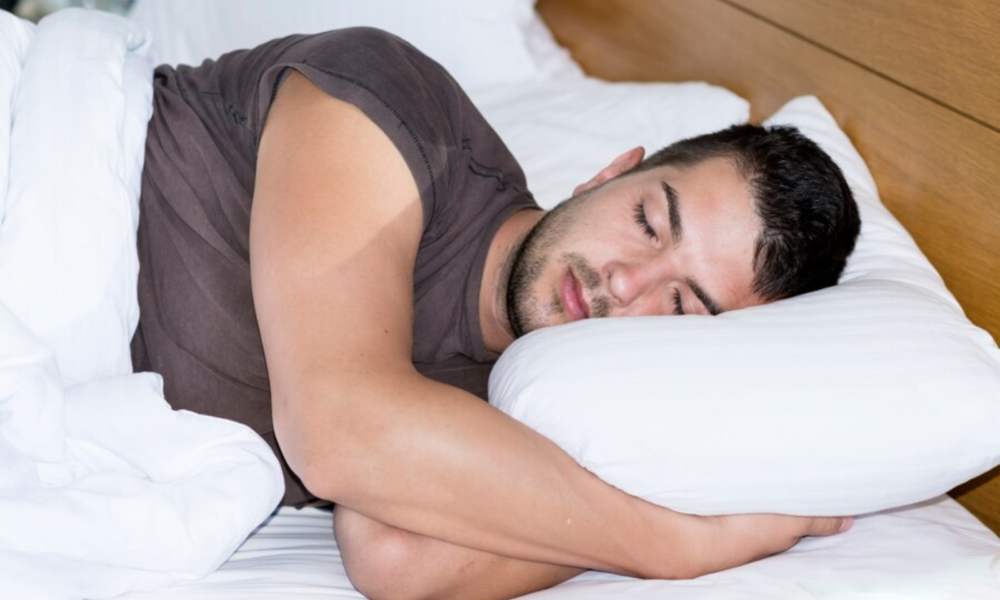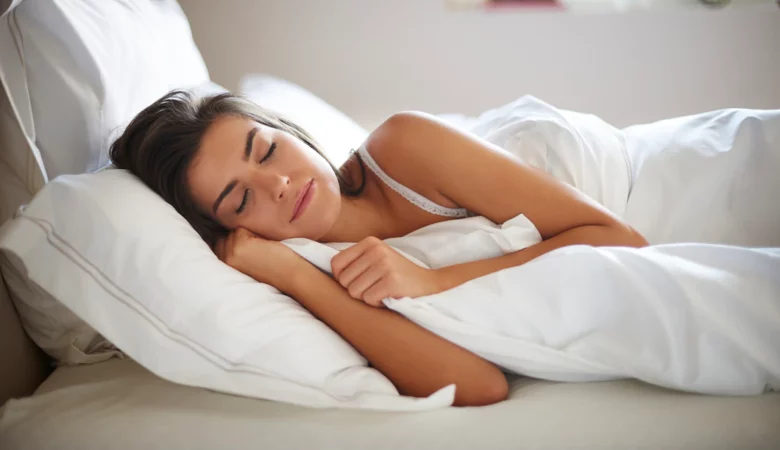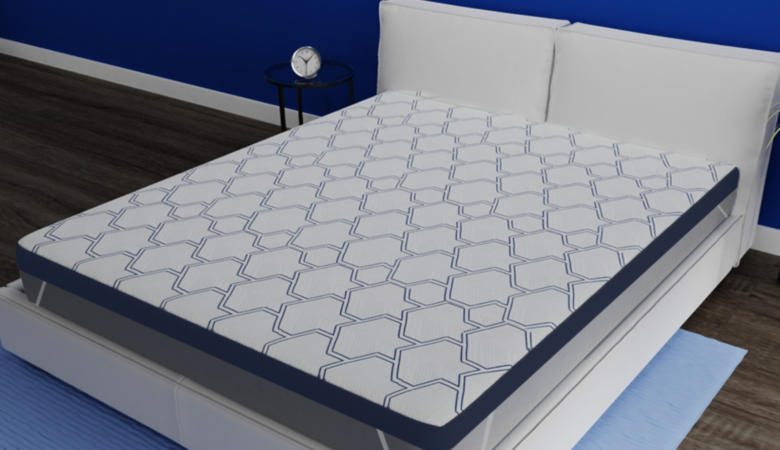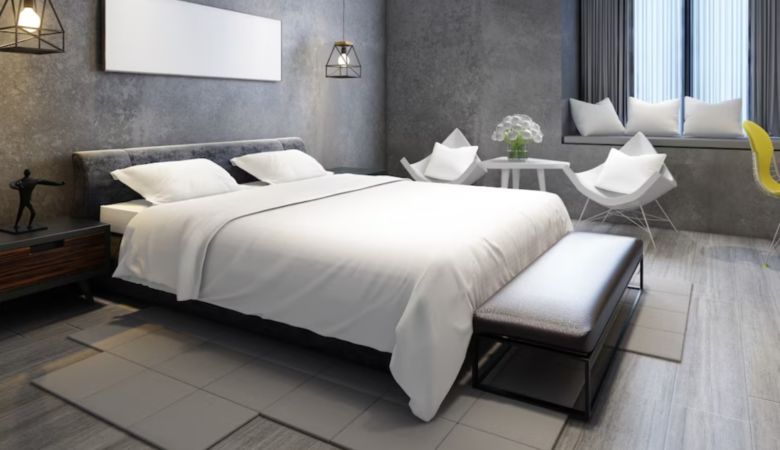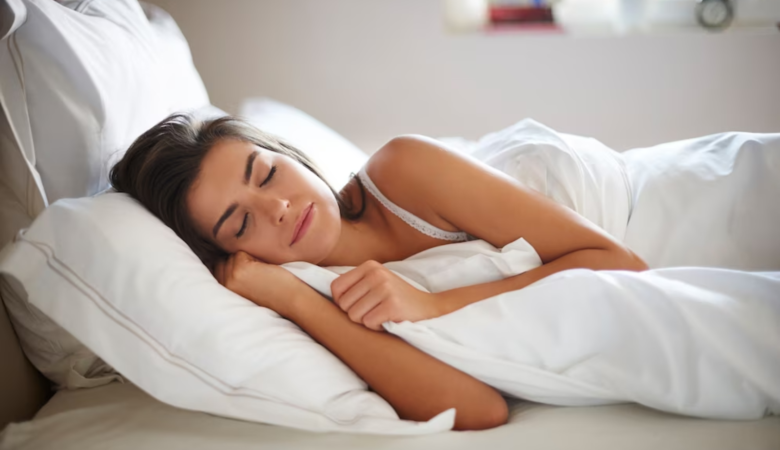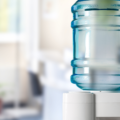Everyone has experienced the frustration that a hot summer night brings despite turning on the air conditioner or the causes of bad sleep when the weather is gloomy and chilly and you can’t get comfortable beneath any number of sheets. There has been a great deal of research on how the weather and your body temperature affect your sleep patterns, duration, and quality. A great strategy to promote healthy sleep patterns and enhance its quality for a restful night’s sleep is prioritizing a stable body temperature.
Changes In Your Body During Sleep
While we’re asleep, our bodies go through many changes:
- Slower-than-usual heart rate
- Slower rate of breathing
- Relaxation of tense muscles
Our ability to regulate external (environmental) and internal (bodily) temperature shifts as we age. If we can figure out what effect our sleep has on these shifts, we can make necessary adjustments to our living and daily habits.
How Changes In Body Temperature Affect Sleep
The body’s internal temperature increases and decreases on a 24-hour pattern or circadian rhythm. Many animals, including humans, have an innate tendency to get ready for sleep when their core body temperature drops below a certain point.
The synchronization of core temperature variations with the day-to-night cycle has some very complex explanations. The time it takes to nod off in bed is correlated with the body temperature, which drops as sleep approaches.
The body’s core temperature decreases by roughly 1°C at night, with the temperature at its lowest during the early hours of the day.
In contrast, rising body temperature during sleep will wake the sleeper. Our body’s core temperature increases around two hours before waking up and increases steadily during the day, reaching a peak during the early evening.
People with insomnia have been shown to have fluctuations in their body temperature that don’t correspond with their preferred bedtime. Therefore, any fluctuations in this cycle are the causes of bad sleep.
How To Bring Body To Temperature For A Good Sleep?
In the hours before bed, your body temperature drops naturally. But if you assist that process, you will be able to sleep more soundly and quicker. You may attain a better night’s sleep by following these suggestions.
1. Adjust The Bedroom Temperature
Keep the temperature in your bedroom between 15 and 19 degrees Centigrade. However, suppose you find this range uncomfortably cold or toasty, you can experiment with making minor tweaks to the thermostat or turn on a fan or a radiant heater to modify the temperature.
A slightly warmer room (up to 20.5 degrees Celsius) may be preferable for infants. They are particularly vulnerable to fluctuations in environmental temperature since their bodies are still growing.
Extreme heat in the bedroom has been linked to a rise in SIDS in infants. To give your child a good night’s sleep, it’s best to dress them in appropriate pyjamas and keep the thermostat in a comfortable setting. Parents can check their child’s temperature at night by stroking their stomach or neck.
2. Helping Your Body Naturally Cool Down
The temperature of the skin will rise after only a few minutes of exposure to warm water, which will cause your core temperature to drop as a result of heat loss. This contributes to an enhanced impact of natural cooling within your body.
After doing so, you could find that falling asleep is easier for you and that the quality of your sleep improves. Experts call this “the bath effect.” Carry out these steps one to two hours before your regular time of going to bed.
3. Time To Consider Your Mattress
If changing the thermostat or having a hot bath does not help you fall asleep, you may want to think about a vital mattress switch. There are several factors to consider to find the best mattress for your needs. They are as follows:
-
Mattress Type
If you’re sleeping on a mattress that’s more than a few years old, your mattress’s build does not consider the climatic conditions that exist in current times.
This will have a significant impact on the ambient temperature as well as your body temperature. To prevent that, it is vital to look into a memory foam mattress or a regal mattress.
Memory foam traps heat, so when the weather is too cold outside, or your thermostat is too high, it will keep you nice and warm all night.
-
Mattress Size
Consider your sleeping habits and the number of people using the mattress before making a purchase. If you want to use one mattress per individual but you tend to toss and turn during the night, a single mattress may not be sufficient. Consider a double mattress or a queen size mattress if that’s the case.
Similarly, a queen bed size is often not advisable if both individuals have a habit of tossing and turning while sleeping. Then, a king-size mattress is your go-to. This will prevent accidental rollovers, increasing body heat and making you feel hot.
Points To Keep In Mind
Practising good sleep hygiene, such as going to bed at precisely the same time each night, avoiding coffee and alcohol in the hours leading up to bed, maintaining a dim, calm bedroom, and using appropriate mattress and bedding, can help you establish a regular sleeping routine and body clock.
Livpure – Your Mattress Companion
Livpure is one of the most trusted names in the mattress industry today. It offers a diverse selection of bedding necessities, allowing you to satisfy all your mattress requirements.
Mattress Livpure comes in a variety of sizes, types and builds. Check out their orthopedic mattress range for medical needs or their regal mattress for an enhanced sleeping experience.

